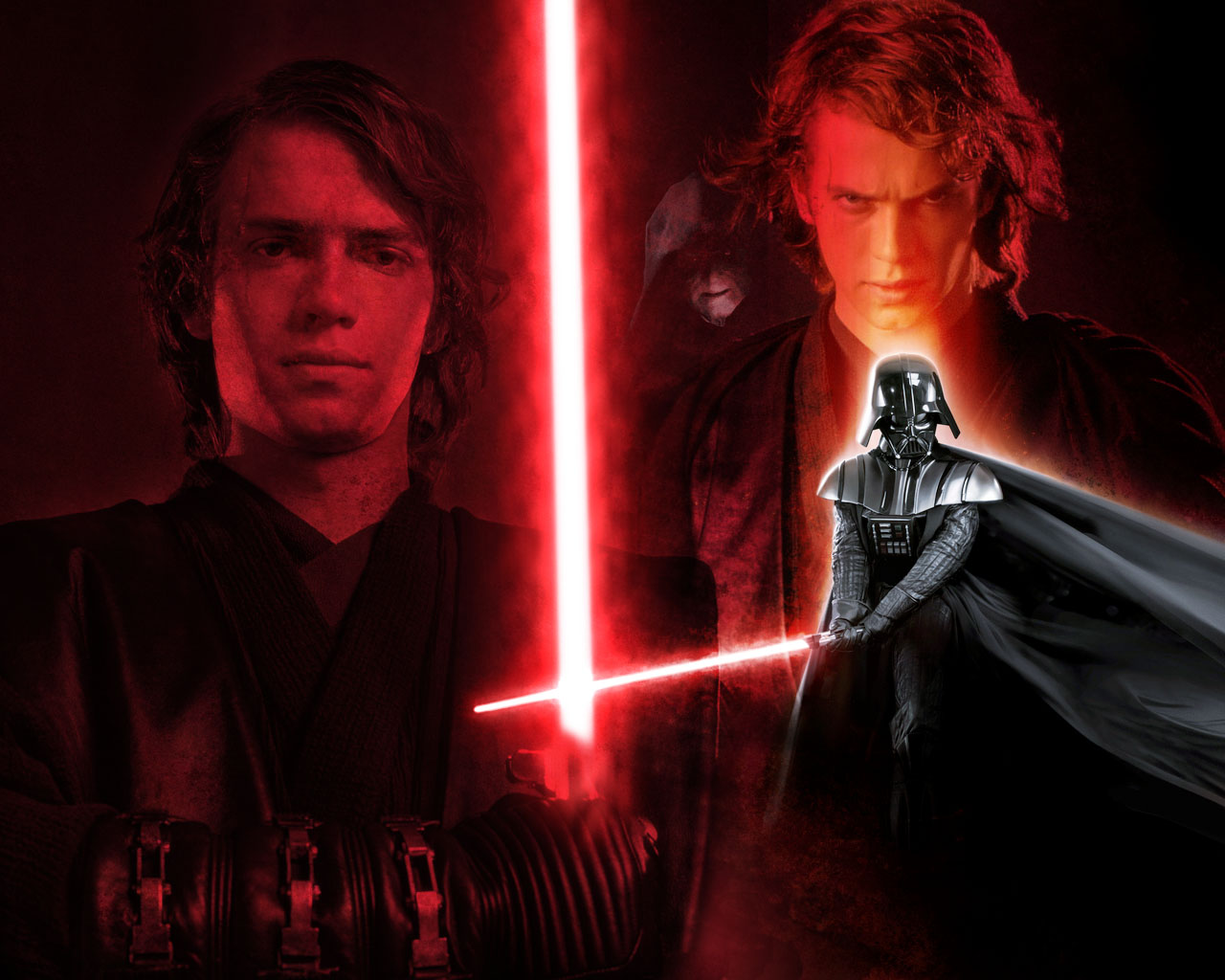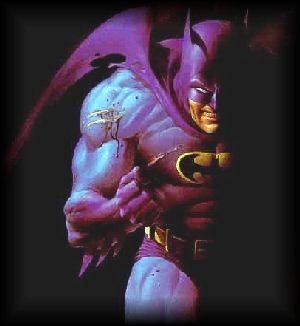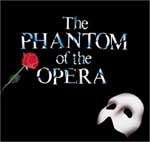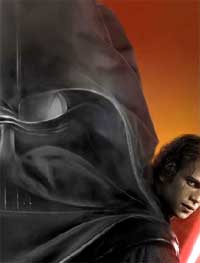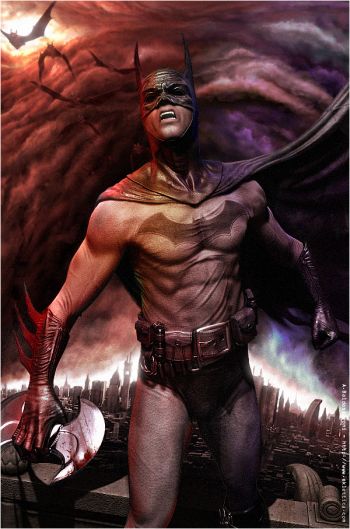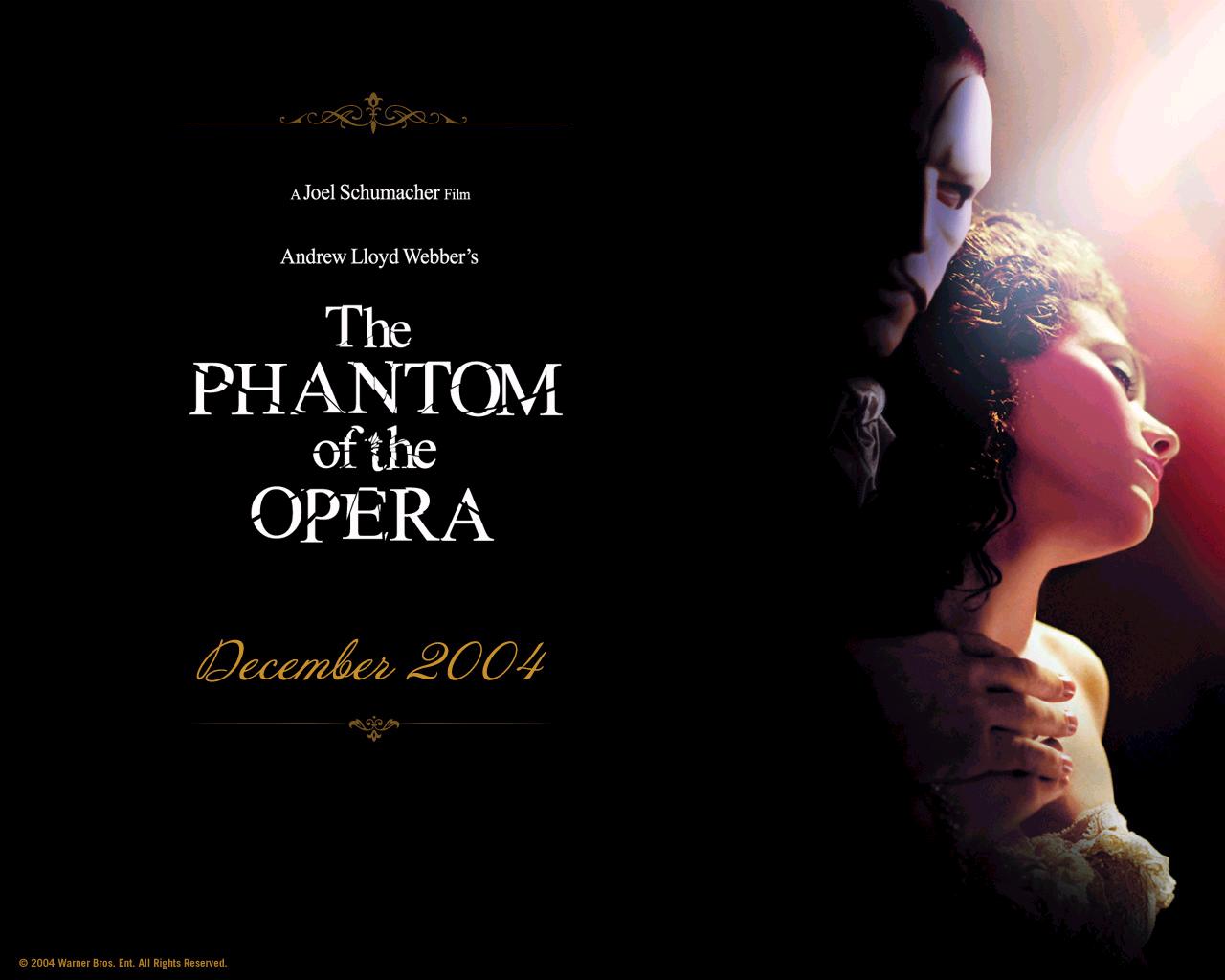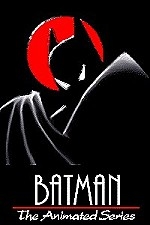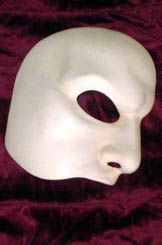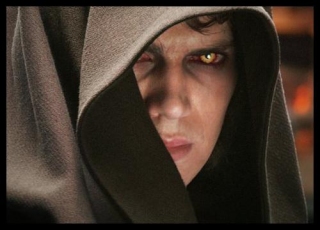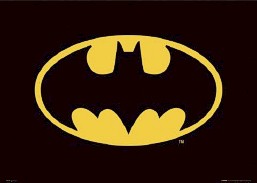3 Dark Men
I was 34 when I finally saw the Phantom of the Opera movie that was released in 2004. I thoroughly enjoyed the movie. Certainly the music was part of it, as well as the story, but I found that the Phantom was similar to a couple of other characters I enjoy: Darth Vader and Batman. Each of these three men is cloaked in darkness and wears a mask, motivated by tragedy. Each of these men has an asset or assets ultimately used for good. However, was there a better way for each?
The Phantom wears a half-mask similar to the mask of tragedy, but appearing even more tragic as the mask appears broken similar to the man who wears it. The Phantom wears the mask to cover his "freakish" appearance. He was rejected by his own mother, put into a freak show as a child, mocked, and abused. His escape was murder and he fled to the opera house, which became his realm. He experienced loss of mother, loss of dignity, loss of compassion, loss of connection to others. His only connection came through Christine. He developed a wonderful voice and became her mysterious and hidden tutor, nurturing her musical talent. Though he would resort to murder and darkness again, good overcame evil. Christine demonstrated compassion, she chose to be true to her love, and on a more superficial note, she sang like an angel.
Darth Vader wears a dark helmet and mask, which allows him to survive while covering his scars. However, his scars go deeper than what the helmet can cover. His scars were from his battle with his Jedi instructor, Obi-Wan Kenobi. Obi-Wan grieved upon seeing Anakin (Darth Vader) left for dead. Kenobi cried out to Anakin, "You were like a brother to me!" and "You were the chosen one!" Anakin's response included, "I hate you!" Anakin had lost his reasoning due to his deception by the Dark Side of the Force and his obsession with power. He later committed an act against his pregnant wife Padme, which contributed to her death. He did not learn of his children till later. He lost a brother figure (even father figure as he did not have a father) in Obi-Wan. He had lost his mother much earlier (one of the factors fueling his murderous rage and beginnings of his journey to the Dark Side). He lost his wife and his children. He lost his limbs. He lost his ability to breathe on his own or show his face ... until his son Luke allowed Anakin to "look on my son with my own eyes." Luke helped his father remove the mask after his father destroyed the evil Emperor Palpatine who was destined to destroy Luke. Anakin's compassion overcame his rage and hatred and obsession with power. And he was truly the chosen one since he did bring balance to the Force after all.
In 1939, Bob Kane introduced Batman, the alter ego of Bruce Wayne. Batman wears a cowl covering his face when he is in the crime-fighting persona of the Dark Knight. The cowl idea came from a bat obviously. There are two versions of the story. One was that during his parents' funeral, he ran in his grief and he fell into an underground cave beneath Wayne Manor where he became both terrified and comforted by bats. As an adult, he wanted to terrify the criminals with the same image. The other version was during a time of grief over his parents, he was looking for a symbol with which to strike fear into the hearts of those who would do evil and a bat flew through a pane of glass. A criminal had killed his parents when he was a boy. He lost his family. Yet, he managed to overcome evil with a cowl and cape.
Three dark figures, tragic, overcame the darkness.
Yet, there is a breakdown with these metaphors. Both the Phantom and Darth Vader/Anakin murdered. All men had rage and hatred and unrighteous anger. The Phantom lusted after Christine. Anakin lusted after power. Batman's idolatry became his rage over loss of parents and crime. All three were idolaters.
Do I have to "burst the bubble?" There is a better way. In his first letter to the church in ancient Corinth, Paul writes, "And now I will show you the most excellent way" (12:31b) followed by the famous Love Chapter, which says that if he has not love, he gains nothing. In his letter to the church in Rome, Paul writes, "Therefore, I urge you, brothers, in view of God's mercy, to offer your bodies as living sacrifices, holy and pleasing to God—this is your spiritual act of worship" (12:1). Mercy is the motivator. Love is the motivator. Jesus says to love your enemies and love your neighbor as yourself (Matthew 5:43, 19:19, and 22:39). Paul wrote to the church in Rome, "Do not be overcome by evil, but overcome evil with good."
We identify with the Phantom, Darth Vader, and Batman because we struggle with idols and darkness and loss and internal conflicts. Even Paul could identify with such conflict. In Romans 7:7-25, Paul struggles with not doing what he ought and doing what he hates. In 2 Corinthians 12:7-10, he pleads for relief from a "thorn", but must realize he is to rest in God's sufficient grace. In Christ, there is a better way with love as the motivator.
Are there hurting, broken people, as ourselves, to whom we need to share love and extend grace? What would the Phantom have become if he had been loved unconditionally by his mother? Look what Darth Vader ultimately became because of the love of his son? And in combating evil, are we to be internally tormented as the Batman or are we to serve joyfully? God has redeemed, is redeeming, and will redeem good out of the darkness of life. Are we going to trust Him? Or are we going to take things into our own hands as the three dark figures did and become idolaters? In becoming idolaters, ultimately, we make self the idol. Surrender your mask to Christ and may love be your weapon.
Jamie "Beacon Deacon" Johnson (© 2007)
"The light shines in the darkness, but the darkness has not understood it."
John 1:5
Link: Ichthus Library: Personal Favorites, Works and/or Insights


